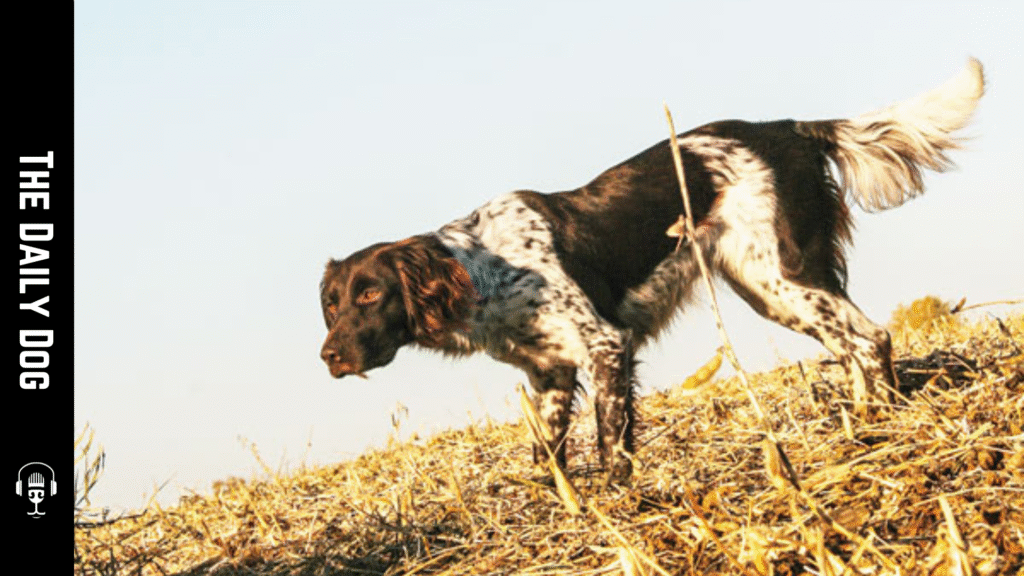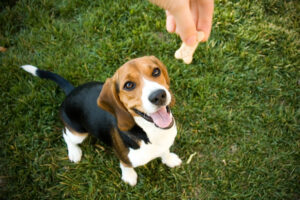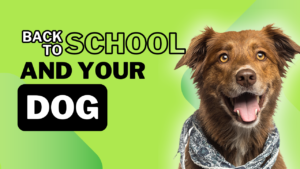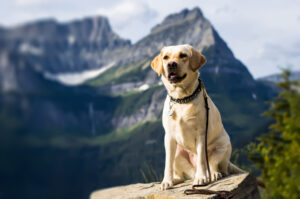The Small Munsterlander is a remarkable breed that stands out for its versatility, intelligence, and affectionate nature. Originating from Germany, this breed has earned a reputation as an exceptional hunting companion and a loving family pet. In this post, we’ll explore the characteristics, history, and care needs of the Small Munsterlander, offering insights into why this breed might be the perfect addition to your household.
History and Origin
The Small Munsterlander, also known as the Kleiner Münsterländer Vorstehhund, has its roots tracing back to the Munster region of Germany in the 19th century. Bred for their hunting skills, these dogs were developed to excel in both field and water, showcasing their adaptability and tenacity. Their lineage includes the now-extinct German Spaniel and other versatile hunting breeds.
Initially, Small Munsterlanders were prized by hunters for their ability to point and retrieve game. Their keen sense of smell and remarkable endurance made them indispensable partners. Despite their hunting prowess, these dogs were also selected for their sociable nature, ensuring they could transition seamlessly from the field to the family home.
Physical Characteristics
The Small Munsterlander is a medium-sized dog, typically weighing between 40 and 60 pounds and standing about 19 to 22 inches tall. They are known for their striking appearance, with a dense, medium-length coat that is predominantly white with brown patches or roan markings.
Their expressive eyes are often a rich brown, reflecting their intelligent and gentle disposition. The breed’s ears are long and set high, contributing to their noble appearance. Regular grooming is essential to maintain their coat, which can become prone to matting if not correctly cared for.
Temperament and Personality
One of the most endearing traits of the Small Munsterlander is its balanced temperament. These dogs are known for being friendly, affectionate, and eager to please. Their intelligence makes them highly trainable, but they also require mental stimulation to prevent boredom.
Small Munsterlanders thrive on human interaction and are well-suited to active families who can provide ample exercise and engagement. Their sociable nature means they generally get along well with children and other pets, making them a versatile choice for various households.
Training and Exercise Needs
Training a Small Munsterlander can be a rewarding experience, thanks to their natural intelligence and eagerness to learn. Positive reinforcement techniques are most effective, as these dogs respond well to praise and rewards. Early socialization is crucial to ensure they grow into well-rounded adults.
Exercise is a vital component of a Small Munsterlander’s routine. These dogs have high energy levels and require daily physical activity to maintain their health and happiness. Activities such as hiking, running, or playing fetch are ideal for these purposes. Additionally, their hunting instincts lead them to enjoy tasks that engage their tracking and retrieving skills.
Health and Lifespan
The Small Munsterlander is generally a healthy breed with a lifespan ranging from 12 to 14 years. However, like all breeds, they can be prone to specific genetic health issues. Prospective owners should be aware of potential concerns such as hip dysplasia, eye disorders, and ear infections.
Regular veterinary check-ups, a balanced diet, and proper exercise are essential to ensure a long and healthy life. Responsible breeders conduct health screenings to minimize the risk of hereditary conditions, so it’s essential to choose a breeder with care.
Grooming Requirements
The grooming needs of a Small Munsterlander are moderate. Their coat requires regular brushing to prevent tangles and remove loose hair. During shedding seasons, more frequent grooming may be necessary.
Attention should also be given to their ears, as their long, floppy nature can make them prone to infections. Regular ear cleaning can help prevent this. Additionally, maintaining dental hygiene and trimming nails as needed will contribute to their overall well-being.
Suitability as a Family Pet
The Small Munsterlander’s affectionate nature and adaptability make it an excellent choice for families. They form close bonds with their human companions and thrive in environments where they are an integral part of the daily routine. Their gentle demeanor and patience with children add to their appeal as family pets.
However, potential owners should consider their need for exercise and mental stimulation. This breed is not well-suited to a sedentary lifestyle and can develop behavioral issues if its needs are not met.
The Small Munsterlander in Hunting
While they are beloved family pets, Small Munsterlanders are also exceptional hunting dogs. Their versatility in the field is unmatched, as they are capable of pointing, retrieving, and tracking game across various terrains. They are particularly skilled in working both on land and in water, making them ideal for hunters seeking a multifaceted companion.
Their innate hunting abilities are complemented by their strong work ethic and determination. For those interested in hunting, providing proper training and opportunities for fieldwork will allow the Small Munsterlander to truly shine.
Conclusion
The Small Munsterlander is a breed that combines beauty, intelligence, and versatility. Whether as a devoted family pet or a reliable hunting companion, this breed offers a range of qualities that make it a beloved choice for many dog enthusiasts.
Adopting a Small Munsterlander requires a commitment to meeting their exercise and mental stimulation needs, but the rewards are plentiful. With their loyal and loving nature, these dogs enrich the lives of those fortunate enough to call them family. Whether you’re drawn to their history, their engaging personality, or their hunting prowess, the Small Munsterlander undoubtedly leaves a lasting impression.










